Introduction
Le coupon de corrosion est un outil proactif conçu pour surveiller et analyser le taux de corrosion au sein d’un système industriel. Les supports de coupons de corrosion peuvent soutenir les coupons dans le pipeline. Ces appareils permettent de placer avec précision des échantillons métalliques, appelés coupons, dans le flux de processus d’un système. Au fil du temps, ces coupons accumulent des dommages corrosifs reflétant l’environnement du système de tuyauterie. En retirant et en évaluant périodiquement ces coupons, les équipes de maintenance peuvent obtenir des informations précieuses sur la dynamique corrosive en jeu.
La corrosion représente un défi incessant dans les systèmes industriels, dégradant constamment les métaux et compromettant l’intégrité des infrastructures. Ce problème omniprésent cause non seulement de graves dommages à l’équipement, mais entraîne également des risques potentiels pour la sécurité et des pertes financières importantes. Des industries telles que le pétrole et le gaz, le traitement de l’eau et la fabrication sont particulièrement confrontées à ces impacts, ce qui souligne le besoin crucial de stratégies efficaces de gestion de la corrosion.
Importance de la surveillance de la corrosion
La surveillance de la corrosion à travers ces racks est cruciale pour plusieurs raisons. Tout d’abord, il permet une détection précoce de la corrosion, souvent avant que des dommages importants ne se produisent. Cette détection précoce permet de prendre des mesures correctives en temps opportun, telles que des ajustements dans le traitement chimique ou des modifications dans le fonctionnement du système, ce qui permet d’économiser des coûts de réparation et des temps d’arrêt substantiels. De plus, une surveillance systématique permet de maintenir le respect des normes de sécurité et des réglementations environnementales, en veillant à ce que les systèmes fonctionnent dans le respect des paramètres légaux et sûrs.
De plus, les données recueillies à partir des supports de coupons anticorrosion aident à prédire la durée de vie des composants du système, ce qui permet de mieux budgétiser et planifier les remplacements. Cette approche proactive permet non seulement de prolonger la durée de vie de l’équipement, mais aussi d’améliorer la fiabilité globale du système.
En conclusion, l’utilisation stratégique des supports de coupons anticorrosion dans les environnements industriels joue un rôle indispensable. Il permet non seulement de protéger les équipements, mais aussi d’optimiser l’efficacité opérationnelle et d’assurer le respect des normes réglementaires. Par conséquent, la compréhension et la mise en œuvre de cet outil sont essentielles pour toute industrie visant à lutter efficacement contre le défi omniprésent de la corrosion.
Modèle de sélection de coupon de corrosion
| Modèle | |||||||||||||
| CC | Corrosion Coupons | ||||||||||||
| -Code | Assemblage du corps de la prise | ||||||||||||
| Pxxx | Type | Matériel | Scellement Matériel | ||||||||||
| 0 | Aucune demande | 0 | CS | 0 | Aucune demande | ||||||||
| 1 | Creux Corps de la prise | 1 | 316SS | 1 | Joint torique Viton / Garniture primaire en PTFE | ||||||||
| 2 | Corps de prise solide | 2 | 316LSS | 2 | HNBR | ||||||||
| 3 | DUPLEX SS | ||||||||||||
| 4 | INCONEL | ||||||||||||
| Type de Détenteur du coupon | |||||||||||||
| SR | Fixe Détenteur du coupon pour l’assemblage de coupon | ||||||||||||
| AR | Réglable Détenteur du coupon pour l’assemblage de coupon | ||||||||||||
| LR | Porte-coupon d’échelle pour l’assemblage de coupons rectangulaires | ||||||||||||
| SC | Fixe Détenteur du coupon pour l’assemblage circulaire coupon | ||||||||||||
| Courant alternatif | Réglable Détenteur du coupon pour l’assemblage circulaire coupon | ||||||||||||
| -Taille du tuyau | |||||||||||||
| x | Taille du tuyau en pouce | ||||||||||||
| – Coupon Taille | |||||||||||||
| A×B×C | Coupon Taille en pouce ou mm | ||||||||||||
| – Matériel du coupon | |||||||||||||
| x | Grade | ||||||||||||
| -Finition de Coupon | |||||||||||||
| 0 | Moulin | ||||||||||||
| 1 | Perle de verre | ||||||||||||
| – Joint d’isolation | |||||||||||||
| 0 | Pas de joint d’étanchéité | ||||||||||||
| 1 | Joint en nylon | ||||||||||||
| 2 | Joint FTFE | ||||||||||||
| Par exemple CC-P221-SR-6 »-3"×1/2"×1/8 »-MS1018-0-2 CC : Coupon de corrosion | |||||||||||||
| P221 : Corps de connecteur solide en joint torique Viton 316LSS et garniture primaire en PTFE | |||||||||||||
| SR-6 » :Porte-coupon fixe pour l’assemblage de coupons rectangulaires et pour tuyau de 6 » | |||||||||||||
| 3"×1/2"×1/8 » : Coupon Taille MS1018 : Matériel du coupon | |||||||||||||
| 0: Finition de Le coupon est Mill 2 : Le matériau du joint d’isolation est en PTFE | |||||||||||||
Modèle de sélection de raccord d’accès au coupon de corrosion
| Modèle | ||||||
| EMT-CIPA | Accéder au corps du raccord du coupon de corrosion | |||||
| – Le matériau du corps de raccord d’accès | ||||||
| 0 | CS | |||||
| 1 | 316SS | |||||
| 2 | 316LSS | |||||
| 3 | DUPLEX SS | |||||
| Le type de corps de raccord d’accès | ||||||
| B | 2"Soudé(le suffixe « pression nominale » peut être ajouté à B) | |||||
| F | 2″ANSI Flange(suffix “pressure rating & sealing type” can be added to F) | |||||
| -Tee Size- pressure rating & sealing type if the flanged end | ||||||
| 0 | Pas de tee | |||||
| 1 | 1/4 "NPT(F) Té | |||||
| 2 | 1/2 "NPT(F)Té | |||||
| 3 | 3/4"NPT(F)Té | |||||
| 4 | 1"NPT(F)Tee | |||||
| 5 | Trou pour bride 1/4"SWN | |||||
| 6 | Trou pour bride 1/2"SWN | |||||
| 7 | Trou pour bride 3/4"SWN | |||||
| 8 | Trou pour bride 1"SWN | |||||
| -Type/Matériau de la housse de protection | ||||||
| 0 | Pas de housse de protection | Matériel | ||||
| 1 | Sans trou | CS ou 0 | ||||
| 2 | Avec trou | SS ou 1 | ||||
| 3 | Soupape de purge | DSS ou 3 | ||||
| 4 | Bleed Valve, & Pressure Gauge | |||||
| Par exemple, EMT-CIPA-0F600#RF-2-1/CS affiche le corps de raccord d’accès à bride 2"ANSI 600#RF en CS, 1/2 » NPT(F)Tee, le couvercle de protection en CS sans trou | ||||||
| 0F600 # RF : 0F_ corps de raccord d’accès est bridé en CS, 600 # RF _Size est de 2 "ANSI 600 # RF, | ||||||
| 2 : La taille du té est de 1/2NPT (F) | ||||||
| 1 : Le type de couverture de protection est sans trou | ||||||
| /CS : Matériau de protection en CS | ||||||
Foire aux questions
Quelle est la durée de vie d’un coupon anticorrosion ?
La durée de vie d’un coupon de corrosion peut varier en fonction du niveau d’activité corrosive dans le système où il est installé. En règle générale, les coupons sont remplacés tous les 30 à 90 jours, mais cela peut être plus court ou plus long en fonction de conditions environnementales spécifiques.
À quelle fréquence dois-je remplacer les coupons anticorrosion ?
Vous devez remplacer régulièrement les coupons de corrosion pour obtenir les lectures les plus précises. Dans la plupart des cas, les remplacer tous les 3 mois est une bonne règle de base. Cependant, si votre système présente des activités corrosives élevées, vous devrez peut-être les remplacer plus fréquemment.
Les supports de coupons anticorrosion peuvent-ils être utilisés dans n’importe quel type de tuyau ?
Oui, les supports de coupons anticorrosion sont polyvalents et peuvent être utilisés dans divers types de tuyaux, y compris l’acier, le cuivre et le PVC. Cependant, il est important de sélectionner le bon type de coupon de corrosion qui correspond au matériau de votre système de tuyauterie pour obtenir des résultats précis.
Quels sont les signes que mon porte-coupons de corrosion a besoin d’entretien ?
Les signes que votre rack de coupons de corrosion a besoin d’être entretenu comprennent une corrosion ou un entartrage visible sur le rack lui-même, la difficulté à retirer ou à insérer des coupons et des données irrégulières provenant d’analyses successives de coupons. Si vous remarquez l’un de ces problèmes, il est temps de procéder à la maintenance.
Comment les facteurs environnementaux affectent-ils les lectures des coupons de corrosion ?
Des facteurs environnementaux tels que la température, l’humidité, la chimie de l’eau et le débit peuvent avoir un impact significatif sur les lectures des coupons de corrosion. Des températures plus élevées et des débits plus élevés peuvent accélérer la corrosion, tandis que la chimie de l’eau peut provoquer différents types de corrosion, affectant la précision de vos lectures. Il est crucial de prendre en compte ces facteurs lors de l’analyse des résultats des coupons de corrosion.


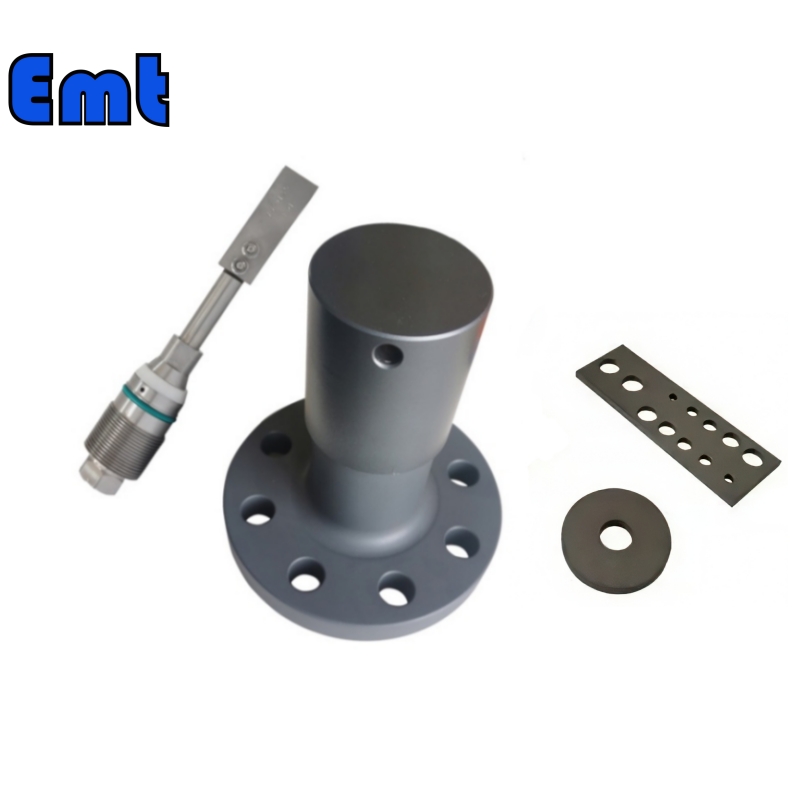
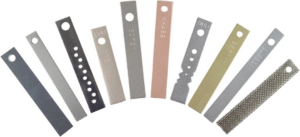
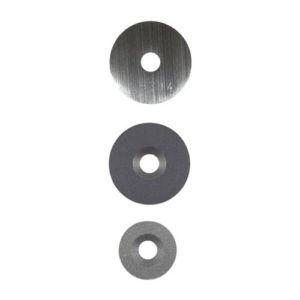
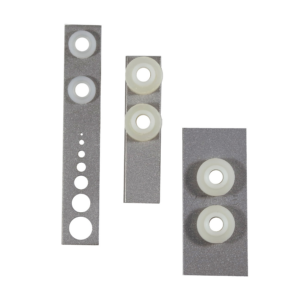
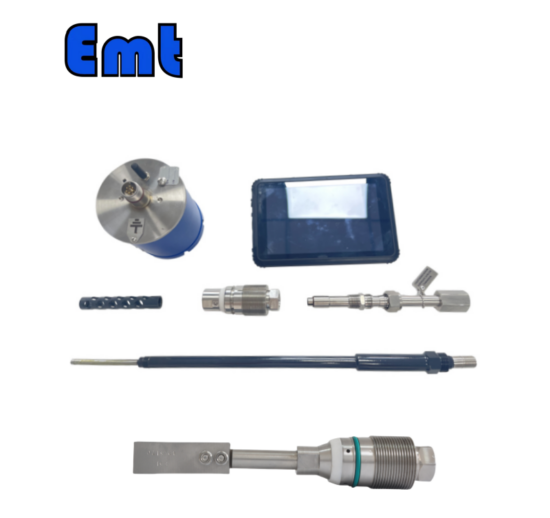
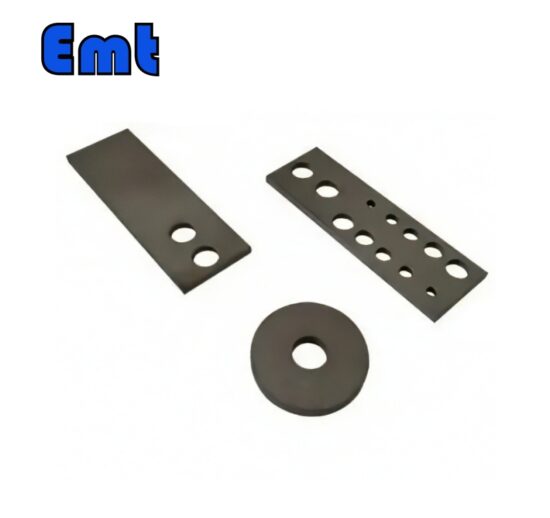
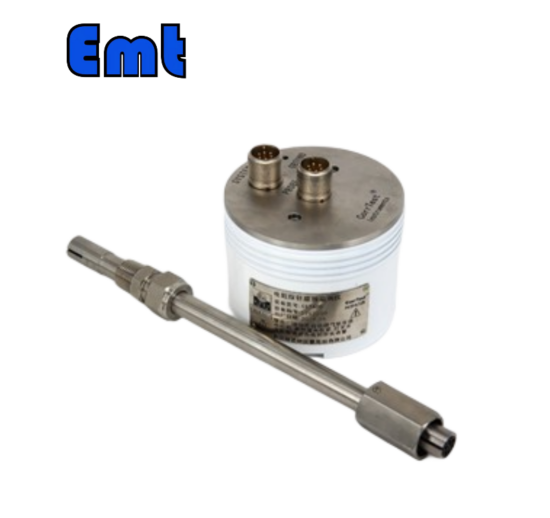
Il n’y a pas encore d’avis.